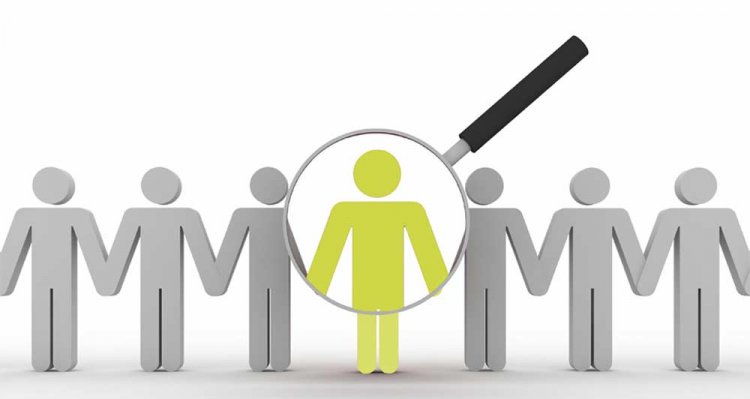Frequently Asked Questions about Personality Testing
Linda Henman

A great deal of confusion exists about how assessments can help in hiring. Senior leaders typically leave these decisions to their HR departments, but the decision to use assessment should be made at the top of the organization. Only then can leaders ensure that they are using assessments effectively, legally, and ethically. Here are the questions these leaders usually ask:
1. Why should I consider pre-employment assessment?
- To find out how well a candidate will perform before you make an offer.
- To identify the individual’s strengths, weaknesses, and potential beyond an immediate role.
- To increase your confidence that you are selecting the most qualified candidates.
2. What general benefits will the company realize?
- Avoid costly hiring mistakes—often one to four times a person’s annual salary.
- Reduce costs associated with high turnover, searches, and hiring.
- Build a strong bench that gives you options as you move forward.
- Make legally defensible hiring decisions—thereby reducing risk.
3. How can personality tests help hire employees who are well suited to the job?
Highly validated offer invaluable information about the job-related traits any employer needs: intelligence, achievement drive, and integrity—the three “non-negotiables.” In other words, the person has to be smart enough to do the job, motivated to do it, and honest. Personality tests don’t measure cognitive abilities, however, so an should include these additional measures.
4. Are certain personality types better aligned with certain jobs?
Beyond the non-negotiables, employers should look for a good fit for a given position. The most highly regarded personality assessments will indicate the person’s approach to task, people, decision-making, and leadership, but the position will determine the specifics needed for success.
For example, sales people typically differ from financial people and those in operations. Sales people need to be fast paced and driven by success. Accountants need to be slower and driven by precision.
5. Are some jobs more suited for using a personality test?
The importance of using any kind of increases with the significance of the job. You can gamble with people who can’t help or hurt you much; you can’t with those who can. Also, if the candidate needs to be in line for promotion or considered a high potential, you’ll want to have more data sooner.
6. What advice would you give leaders who want to use personality tests?
Different assessments measure different aspects of personality, so no company should ever use just one assessment. Neither should they rely on HR or anyone who is not a Ph.D. level consultant with psychometric training to interpret results.
Start by finding a highly-qualified Ph.D. consultant or firm. A large company should find a firm that specializes in hiring and can turn around reports in two day so they don’t lose good candidates in the process.
Next, insist on using cognitive measures in addition to the personality tests for anyone who will advance in the organization. The higher the stakes in the hiring process, the more in-depth the evaluation should be. Most assessment firms offer different priced assessments for different levels of employment.
Interviews and references won’t give you the critical information you need to make the best hiring decisions. You need more than opinions that can be both biased and wrong. Done well, assessment can take the guesswork out of hiring and promotion decisions.

















